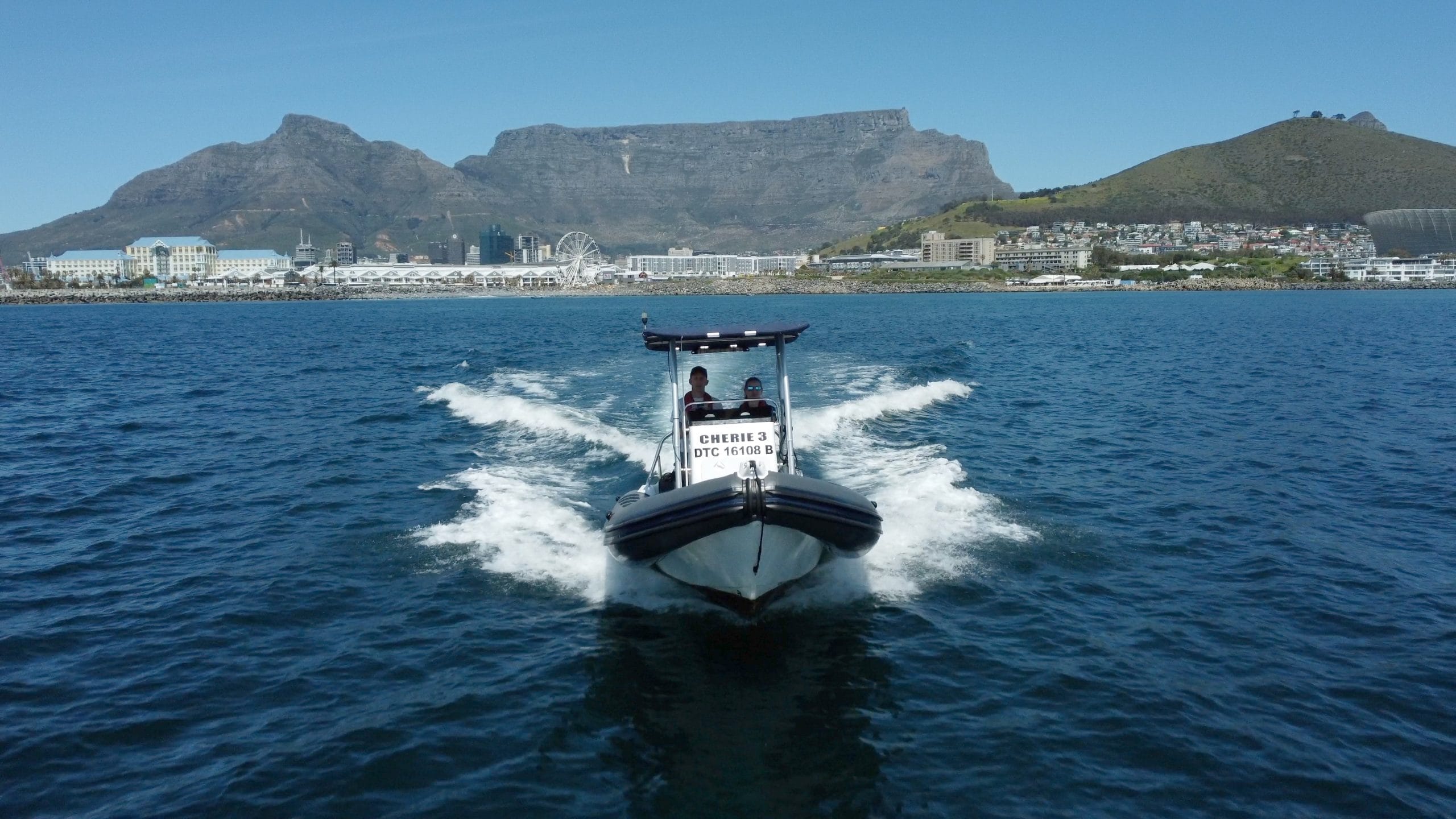In this article, we will answer some of the common questions that we get asked by people interested in pursuing an exciting career in the superyacht industry. For those of you dreaming of a life on the high seas as a deckhand but wondering where to start, this edition is tailor-made for you.
Introduction:
Embarking on a career in the superyacht industry is a work-hard play-hard lifestyle choice with unique challenges and rewards. Working on deck typically involves long hours and A LOT of cleaning. In addition to that amongst many other duties, you may find yourself driving the rich and famous around in tenders (‘small’ powerboats), and doing maintenance during shipyard periods – it is not all glamour! However, the burning question on many aspiring deckhands’ minds is: “What courses should I take to set sail in this industry with no prior experience?” Well, fret not – we’ve got your back!
Section 1: Understanding the Superyacht Industry:
Before we dive into the specifics, let’s set the stage. Getting a job in the superyacht industry is a job in itself – and a challenging one. The docu-drama ‘Below Decks’ has shone a (misleading) spotlight on this lucrative industry and what was already a very competitive job market. To stand out from the crowd you have to take the business of selling yourself seriously. That starts with making sure you have the correct qualifications.
Section 2: Essential Entry-Level Courses:
Now, let’s talk courses. An essential qualification is the STCW 2010 basic training that comprises Personal Survival Techniques (PST), Fire Prevention and Fire Fighting (FPFF), Elementary First Aid (EFA), Personal Safety and Social Responsibilities (PSSR), and Proficiency in Security Awareness (PSA). This is non-negotiable and required by anyone working at sea. So too, is a ship’s medical certificate such as the MCA ENG1.
Section 3: Recommended Entry-Level Courses:
Beyond the essentials, what recommended courses to take is subjective, hotly debated and largely dependent on budget. The more courses you do the better you will look on paper but that doesn’t count for anything if you don’t have the soft skills or a good yachting network to back them up – but more on that later.
As a recommended minimum you need a tender driving qualification such as the RYA Powerboat Level II or an RYA Tender Operators Licence, and a VHF radio license (you cannot legally use a radio without one). The Captain will want to see these as evidence of due diligence should the vessel be inspected or you accidentally crash the boss’s tender (whoops). Regardless, a high level of tender driving ability will be expected and if you have never driven a boat before – how are you going to get that experience otherwise?
The same can be said for the RYA Personal Watercraft license which will teach you how to safely ride a jetski. After that, comes the Personal Watercraft Instructor license which can be a trump card for getting a job as a yacht will need this qualification if they are issuing PWC licences to their guests.
Finally, there is the SYSA Superyacht Deckhand certificate. This will be delivered by one of our superyacht industry experienced instructors and is packed full of insight and hidden gems on how to break into the industry. Despite not being formally recognised, we have had a lot of positive feedback on how useful this course has been in helping our students find a job.
Other useful add-on courses that give you good bang for your buck include the RYA Radar Operators course, RYA Diesel Engine course and RYA Day Skipper Theory course all of which will give you a much better working knowledge of being a deckhand in the industry.
Section 4: Soft Skills
Being a deckhand requires more than just a love for the ocean and being a hands-on person. Key soft skills that will make you stand out include effective communication, physical fitness, adaptability, problem-solving and a keen eye for detail. You will be working in very close quarters in a high-stress environment (both mental and physical) with people of all backgrounds. Work and life experience are a key way of highlighting these to a Captain. If you don’t have any work (or life) experience yet it is strongly advisable to get some, preferably in a maritime context, before you head overseas to look for work. A lot of our students try to get experience cleaning yachts in the marinas in Cape Town to get a reference and bolster their CVs.
Section 5: Networking and Professional Development:
Yachting is all about who you know, not what you know (actually it’s about both). Due to the nature of the guests you will be serving, there is a very strong culture of discretion in the industry and you will more than likely get your first gig through word of mouth unless you strike it lucky with a crew agency. It is a good idea to invest time in building a strong online community and do the legwork at home before heading overseas. Networking starts NOW!
Conclusion:
As we reach the end of our voyage together, remember this – your dream of becoming a deckhand in the superyacht industry is within reach. Equip yourself with the right courses, skills, and a resilient spirit. If you would like more information or would like to speak with someone who has been there and done it feel free to get in touch.
Email: georgina@sysa.info
Good luck!



